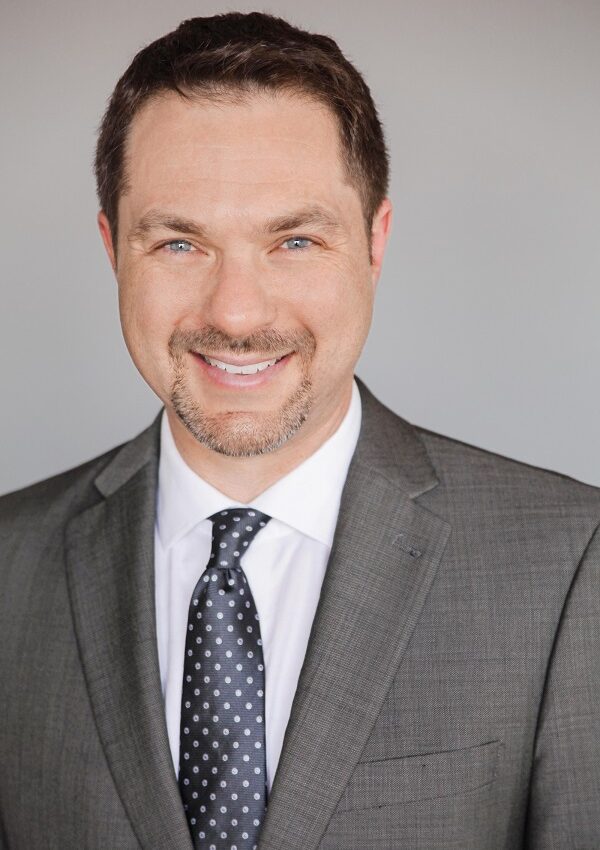MR. DISTRICT ATTORNEY: I believe that covers the stop, your Honor. May the People designate Sergeant Mosquera as the investigating officer to be seated at the table.
THE COURT: Do you have another witness you are calling or no?
MR. DISTRICT ATTORNEY: If the scope is only for the stop I believe that is covered.
THE COURT: Any objection to the officer remaining?
MR. ROSENFELD: No objection
THE COURT: All right, go ahead. He will be your investigating officer.
MR. DISTRICT ATTORNEY: You can have a seat right here. Your Honor, I don’t want to take up the Court’s time if we are covering an area that is not covered in the motion.
THE COURT: Counsel indicated on the record that the only issue is the stop; he can correct me if I am incorrect at this point.
MR. ROSENFELD: That’s correct, your Honor, contesting the stop.
MR. DISTRICT ATTORNEY: I will call him briefly. People call Detective Huelsen.
THE CLERK: Raise your right hand, please. Do you solemnly state the testimony you give in the cause now pending before this court shall be the truth, the whole truth and nothing but the truth, so help you God?
THE WITNESS: I do.
THE CLERK: Please state and spell your name for the record.
THE WITNESS: Detective David Huelsen, H-u-e-l-s-e-n. Los Angeles County Sheriffs Department.
DAVID HUELSEN, called herein as a witness by and on behalf of the People, was examined and testified as follows:
DIRECT EXAMINATION BY MR. DISTRICT ATTORNEY:
Q: Good morning, detective. What is your current occupation and assignment?
A: My current occupation is detective with the L.A. County Sheriffs Department; I am assigned to the traffic office at the Lost Hills Sheriffs Station.
Q: How long have you been a deputy?
A: Approximately years.
Q: On June 28th, were you working at a sobriety checkpoint located at the intersection of Carbon Canyon and Pacific Coast Highway?
A: Yes, I was.
Q: At that time did you conduct a DUI investigation involving a Juan Carlos Client?
A: Yes.
Q: When you first made contact with Mr. Client did you make any observations as far as the physical symptoms of impairment?
A: Yes, I did.
Q: What were those observations?
A: I noticed that his eyes were bloodshot, watery. He had slow speech, and I could also smell the odor of an alcoholic beverage emitting from his breath and person from the interior of the vehicle.
Q: And at that point was Mr. Client out of his vehicle?
A: I believe at that point he was still inside the vehicle.
Q: Did you ask him to exit the vehicle?
A: Yes.
Q: And at that point did you proceed to conduct an impaired driving investigation?
A: Yes.
MR. DISTRICT ATTORNEY: No further questions.
THE COURT: Cross.
MR. ROSENFELD: Thank you.
CROSS EXAMINATION BY MR. ROSENFELD:
Q: Detective Huelsen, how are you doing this morning?
A: Good, thank you.
Q: Did you decide to stop Mr. Client?
A: No.
Q: Was that Sergeant Mosquera?
A: Sergeant Mosquera was the first officer to contact the defendant.
Q: So you basically decided to get Mr. Client out of the car when you talked to him?
A: After observing the initial observations that I listed on the report, yes.
Q: And did you drive his car to the secondary location?
A: No, I did not.
Q: Do you know who did?
A: We have civilians that we generally utilize to drive the suspect’s vehicle to the screening area or to the investigative area.
Q: So you walked Mr. Client from that point?
A: Yes.
MR. ROSENFELD: Nothing further.
MR. DISTRICT ATTORNEY: Nothing further.
THE COURT: May this witness step down and be excused?
MR. DISTRICT ATTORNEY: Yes. No further witnesses, your Honor.
THE COURT: Any witnesses by the defense?
MR. ROSENFELD: No, your Honor.
THE COURT: Argument. Your motion.
MR. ROSENFELD: Thank you, your Honor. In this case it is defense’s position that the People failed to meet the burden to establish that the checkpoint in this area was set up in a lawful fashion. People are required to establish in Ingersoll versus Palmer that the checkpoint was set up in an approved fashion and that the checkpoint was carried out in an approved fashion so as not to violate our good citizens’ rights. There is no testimony or evidence before the court to establish that the checkpoint was set up in an appropriate location, in an appropriate fashion, that the decisions to set up the checkpoint were made in a supervisory level. There is no testimony regarding the criteria for stopping vehicles. As I mentioned, the location needs to be justified. There is no testimony regarding the safety of this particular location for officers and civilians, no testimony to justify the duration of the checkpoint and the detentions, no testimony regarding the official nature of the checkpoint, and no testimony regarding the checkpoint is being advertised. With no Ingersoll factors being discussed, we cannot establish lawful checkpoint to justify a detention in this case.
THE COURT: You want to give Mr. District Attorney the citation to Ingersoll, please.
MR. DISTRICT ATTORNEY: I have the case here, your Honor, although it wasn’t put in the pleadings, I am aware of the Ingersoll case.
THE COURT: Anything further?
MR. ROSENFELD: Submitted, your Honor.
THE COURT: Mr. District Attorney.
MR. DISTRICT ATTORNEY: Your Honor, it is the People’s position that there is no evidence for the Court to find that this wasn’t a lawful checkpoint. I am happy to ask Sergeant Mosquera to take the stand again and bring out some of those factors; however, I believe in the Supreme Court’s decision in Michigan Department of State Police versus Sitz, S-i-t-z, 496 U.S. 444, the Supreme Court held that even noncompliance with the Ingersoll guidelines would not be an automatic, would not render a sobriety checkpoint unreasonable for the purposes of the Fourth Amendment. So it would be the People’s position at this point that the burden was not on the People to actually establish all the Ingersoll criteria.
THE COURT: This record has absolutely no criteria in it for Ingersoll, correct?
MR. DISTRICT ATTORNEY: Correct.
THE COURT: There has been no testimony that this location was published to the actual public or notified that there was going to be a checkpoint, correct?
MR. DISTRICT ATTORNEY: At this point, your Honor, but I am happy to put the officer back on and bring out that criteria. There was no notice that this was going to be the basis for the motion so we didn’t have any prior notice that this information was supposed to come out.
THE COURT: So you are telling me that apprizing you that this was going to be the stop, and you were aware that this is a checkpoint case, that you didn’t believe that that would be relevant to the issue of the stop?
MR. DISTRICT ATTORNEY: It wasn’t pled in the pleadings, your Honor, and upon review it is indeed a sobriety check point case, and I did just recently look up the case law on sobriety checkpoints and I am happy to ask the witness who is present to provide information with regard to that. Like I said there is nothing, suppression motion, four pages long, three pages long.
THE COURT: It is a boiler plate, to say the least.
MR. DISTRICT ATTORNEY: That would be accurate.
THE COURT: But it does indicate “lacked sufficient cause to conduct a warrantless stop, detention.” Does it need to be more specific than that? And on your sobriety checkpoint cases do you not have sobriety checkpoint discovery packets?
MR. DISTRICT ATTORNEY: I am not aware of that, your Honor. My reading of the Supreme Court case is that noncompliance, is even noncompliance with the Ingersoll guidelines doesn’t render a sobriety checkpoint given the public policy, necessity of having sobriety checkpoints, and the fact is that they are applied in a nondiscriminatory fashion, that they are not.
THE COURT: Do you have a copy of that case with you?
MR. DISTRICT ATTORNEY: I don’t. I only have the cite to it.
THE COURT: Did you pull and read the entire case?
MR. DISTRICT ATTORNEY: No, I am reading review of it.
THE COURT: Can I have the citation. Or actually is it U.S. Supreme Court case?
MR. DISTRICT ATTORNEY: Yes.
THE COURT: Are you familiar with that case, counsel?
MR. ROSENFELD: I am, your Honor.
THE COURT: Do you have any argument with respect to that?
MR. ROSENFELD: Yes, your Honor. The Court in that case is saying that the absence of one factor should be considered by the trial court, but is not dispositive on the entire list of Ingersoll package. I believe the case deals specifically with public notice and states that if public notice is not given, it is something that should be considered, but just the fact that public notice was not given does not justify, does not invalidate the checkpoint in its entirety, but the Court should do a balancing test of all of the factors and decide whether or not there is sufficient compliance with Ingersoll.
THE COURT: I want to recess this, I am going to ask you to go get a copy of that case for me, photocopy of it and we will come back at 1:30. But I would like to have a copy beforehand so I can read that case that you are citing.
MR. DISTRICT ATTORNEY: Okay. And the People would ask for the opportunity to re-open direct based on the fact that we didn’t have notice that this was going to be the argument that was made, and the People are able to and willing to present evidence regarding Ingersoll factor.
THE COURT: Mr. District Attorney, I have always felt that once somebody has rested and the other side has rested, that it’s done, but if you want to call your witness I will listen to the testimony and see if you can meet the requirements that are necessary.
MR. ROSENFELD: Your Honor, the defense would object. The officer was excused and then identified as an investigating officer and has been present.
MR. DISTRICT ATTORNEY: Your Honor, any other testimony, none of the testimony that Sergeant MosQuera overheard is relevant to the Ingersoll factor.
THE COURT: You can call him, recall him.
MR. DISTRICT ATTORNEY: The People would call Sergeant MosQuera back to the stand.
THE COURT: Retake the stand, please. You recall you are still under oath?
THE WITNESS: Yes, sir.
DIRECT EXAMINATION (recalled) BY MR. DISTRICT ATTORNEY
Q: Sergeant MosQuera, were you in charge, were you at all involved in the planning of the checkpoint?
A: I was not.
Q: Are you aware of whether there was advance publicity given to the fact that there was going to be a sobriety checkpoint at that date, time and location?
A: The station oversees five contract cities. Every time we do a checkpoint it is advertised in a local newspaper, and the public is made aware that we will be conducting a checkpoint at a certain date and location.
Q: How are you familiar with that?
A: I have been involved in the past, although I was not specifically involved with this incident, each sergeant at the station has a collateral city. I am in charge or was in charge of West Lake, so I have done it in the past. Sergeant Brooks is the individual who did the Malibu checkpoint.
THE COURT: So you have no personal knowledge whether it was in fact done in this particular occasion, is that correct?
THE WITNESS: That’s correct, sir.
Q: BY MR. DISTRICT ATTORNEY: Are you familiar with the practice of the Lost Hills Sheriffs Station in conducting sobriety checkpoints at contract cities?
A: Yes.
Q: And you were present at the checkpoint, correct?
A: Yes.
Q: And were motorists being stopped based on observation of their appearance at the checkpoint?
A: No. Everybody was being stopped at this checkpoint.
Q: Would it be fair to say that the investigators were applying a new formula —
MR. ROSENFELD: I will object to the form of the question.
THE COURT: I will sustain it. And when you say every car, every car going down that street was stopped at that checkpoint?
THE WITNESS: Not every car. We would have traffic flowing, then we would start the checkpoint again, and then it would be opened up. It was on and off.
THE COURT: All right. Thank you.
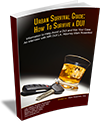

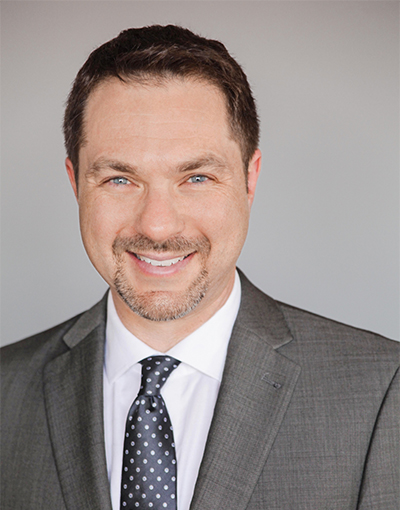
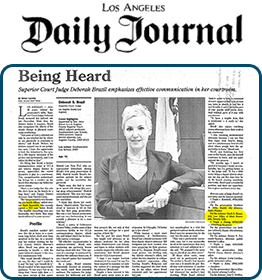
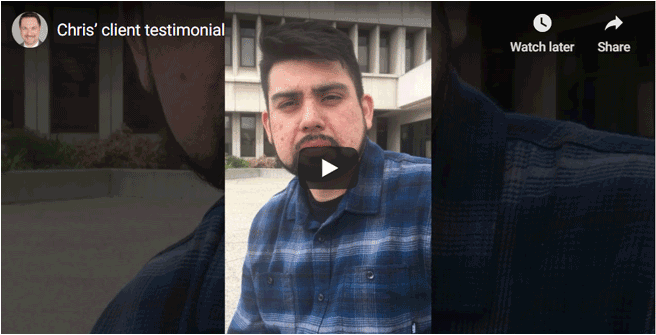

 Personal Attention
Personal Attention Every criminal case is unique and no attorney can guarantee the outcome of a case. The information on this site is legal advertising and for general information only. Using this site, requesting books, information, consultations or communicating with Attorney Rosenfeld through its site does not form an attorney/client relationship.
Every criminal case is unique and no attorney can guarantee the outcome of a case. The information on this site is legal advertising and for general information only. Using this site, requesting books, information, consultations or communicating with Attorney Rosenfeld through its site does not form an attorney/client relationship.
